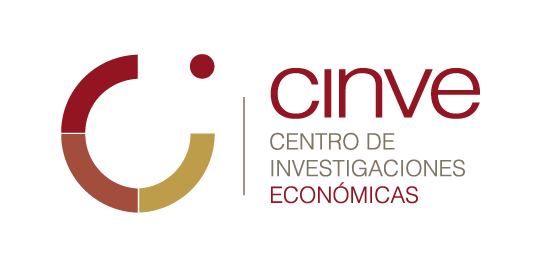This paper uses a static computable general equilibrium model (CGE) linked to a microsimulation model to analyse how the global crisis and some adopted policy responses may have affected the Uruguayan economy. The focus is on trade channel and foreign capital flows, since they are the most important mechanisms through which the global crisis affected the Uruguayan economy. The crisis had a strong impact on exports and fixed investment. Poorest households would be the most affected, as the face a stronger reduction in real wages and a rise in unemployment. We find a negative impact on extreme poverty but not on moderate poverty, as households near the poverty line will benefit from the fall in some consumer prices. A policy based in increasing current public consumption does moderately counteract some negative impacts of the crisis, but benefits mainly skilled workers, and does not act directly towards the most affected.
Keywords: global economic crisis, trade shock, fiscal response, Uruguay, unemployment.
JEL Codes: D58, I32, G01, J68, H50
